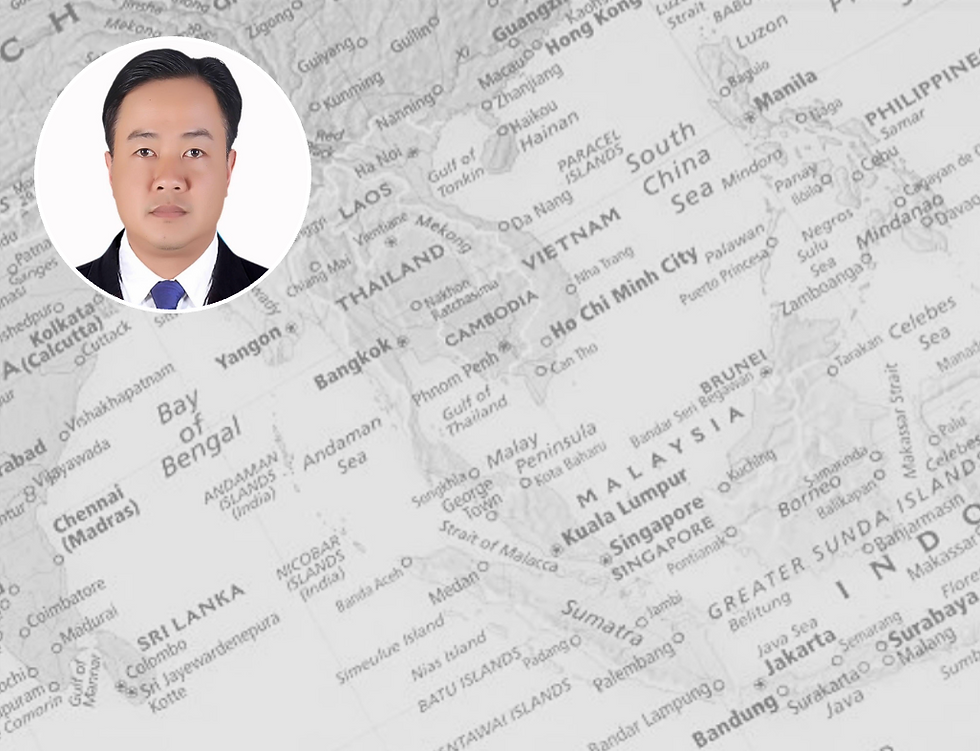Public Sector Reform in Neo-Patrimonial Regimes: Balancing Institutional Change and Cultural Legitimacy in Southeast Asia
- AIOR Admin

- Jul 15, 2025
- 1 min read
Sinath No, Rany Sam, Sokha Chan, Ry Hour, Sinoeurn Kheuy, Ry Panya, Yoeng Hak, Phearom Kveng
The Patrice Lumumba Peoples' Friendship University of Russia (Russia), National University of Battambang (Cambodia),

The aim of this study is a philosophical analysis of the limitations and possibilities of public sector reform in the context of neo-patrimonial regimes in Southeast Asia. This article examines the structural features of neopatrimonialism as a stable form of power that combines formal institutions with informal patronage practices. Particular attention is given to how the cultural and symbolic foundations of power hinder or, conversely, facilitate institutional transformations. Using the example of Southeast Asian countries—Cambodia, Indonesia and the Philippines—the article analyses reform models that include elements of good governance, anticorruption strategies and digitalization of governance. The scientific novelty of the work lies in the interpretation of reforms not only as an administrative process but also as a philosophical problem of the transformation of power and political subjectivity. It is argued that the sustainability of neo-patrimonial systems stems from deep ideas about legitimacy, leadership and social hierarchy, which means that genuine modernization requires cultural and symbolic reorientation. The practical significance of the study lies in the possibility of applying its findings in the design of institutional reforms in post traditional societies, where it is necessary to consider local forms of legitimization of power and the political imaginary.







Comments